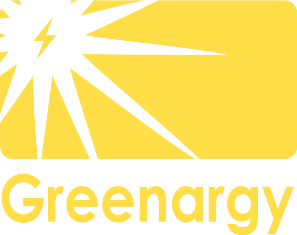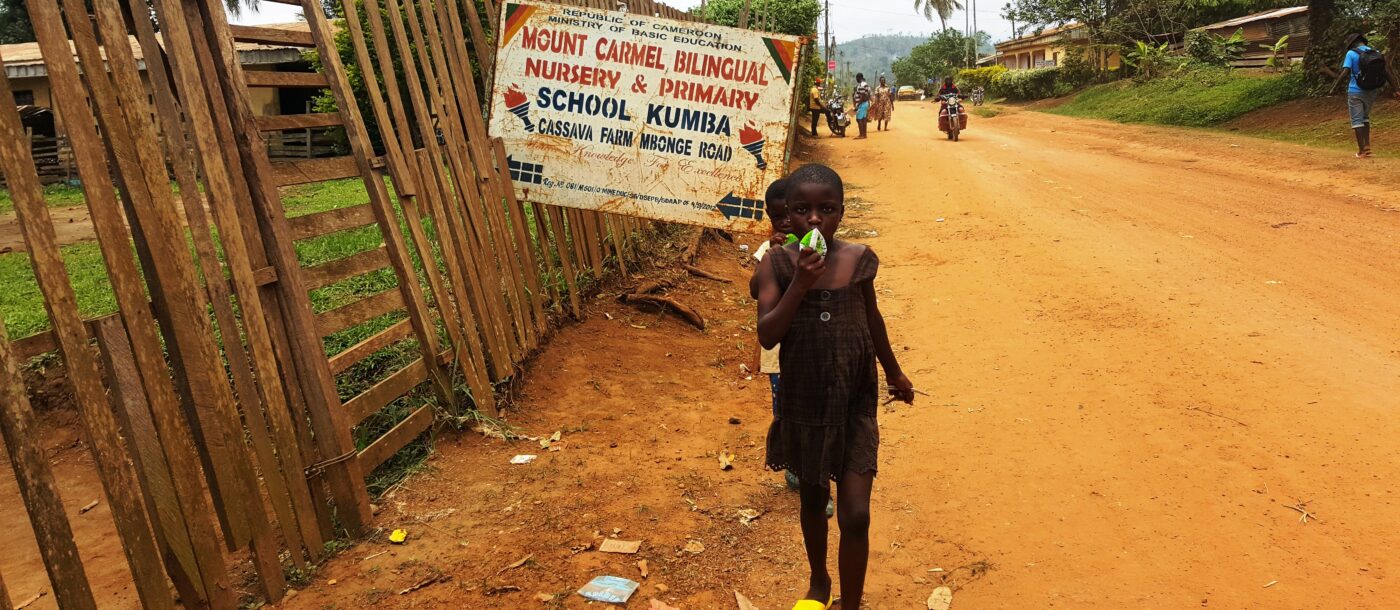Style
Introduction to Solar Energy in Rural Cameroon
Introduction to Solar Energy in Rural Cameroon
Cameroon, located in Central Africa, has a tropical climate with abundant sunlight throughout the year, making it an ideal location for solar energy generation. However, the country faces challenges in providing access to low-carbon energy, particularly in rural communities. Improving access to solar energy can significantly contribute to the country’s sustainable development goals and reduce greenhouse gas emissions. Improving access to low carbon energy. Introduction to Solar Energy in Rural Cameroon
Current Energy Landscape in Cameroon
The majority of Cameroon’s energy supply comes from hydropower and fossil fuels, with only a small fraction coming from renewable sources. The country’s energy sector is dominated by the state-owned company, ENEO, which manages the majority of the power generation and distribution infrastructure. However, the country faces significant challenges in providing reliable and affordable energy to its population, particularly in rural areas.
Solar Energy Potential in Cameroon
Cameroon has a high solar energy potential, with an average of 4-5 kWh/m2/day of solar irradiation throughout the year. The country’s geographical location and climate provide an excellent opportunity for harnessing solar energy for both on-grid and off-grid applications. The country’s rural communities, which are often not connected to the national power grid, can significantly benefit from decentralized solar energy systems.
Barriers to Solar Energy Adoption in Rural Communities
Introduction to Solar Energy in Rural Cameroon. Despite the significant potential for solar energy adoption in rural communities, several barriers exist, including:
- High upfront costs: The high upfront costs of solar energy systems can be a significant barrier to adoption for rural communities.
- Limited access to financing: Many rural communities lack access to affordable financing options for solar energy systems.
- Limited awareness and knowledge: Many rural communities lack awareness and knowledge about the benefits of solar energy systems and their operation and maintenance requirements.
- Limited infrastructure: Rural communities often lack the necessary infrastructure to support solar energy systems, such as reliable electrical grids and maintenance services.
- Limited policy support: The government of Cameroon can do more to support solar energy adoption in rural communities through policies and incentives.
Strategies for Improving Access to Solar Energy in Rural Communities
Several strategies can be implemented to improve access to solar energy in rural communities, including:
- Increasing awareness and education: Providing information and education on the benefits of solar energy systems and their operation and maintenance requirements can increase adoption rates.
- Providing affordable financing options: Developing affordable financing options for solar energy systems can help reduce upfront costs and increase adoption rates.
- Building infrastructure: Developing reliable electrical grids and maintenance services can support the adoption of solar energy systems in rural communities.
- Providing policy support: Implementing policies and incentives that support solar energy adoption in rural communities can help increase adoption rates and reduce greenhouse gas emissions.
- Partnering with local organizations: Partnering with local organizations that have experience working with rural communities can help ensure successful implementation of solar energy projects.
- Leveraging technology: Leveraging technology such as mobile payments and pay-as-you-go (PAYG) systems can help reduce upfront costs and increase adoption rates by providing affordable financing options for rural communities.
- Building local capacity: Building local capacity through training programs and job creation opportunities can help ensure the long-term sustainability of solar energy projects in rural communities.
- Measuring impact: Measuring the impact of solar energy projects in rural communities can help demonstrate their value and encourage further investment in these projects.
- Collaborating with international organizations: Collaborating with international organizations that have expertise in renewable energy projects can help provide technical assistance and funding opportunities for solar energy projects in rural communities in Cameroon.
- Creating enabling environment: Developing policies that create an enabling environment for private sector investment in renewable energy infrastructure is crucial for scaling up clean energy access across Cameroon’s rural areas (IEA, 2019). This includes streamlining permitting procedures, establishing a conducive regulatory framework for mini-grids, strengthening grid codes to accommodate higher shares of variable renewables, promoting demand-side measures such as energy efficiency standards, and leveraging public funds to de-risk private investments (IEA, 2019). Additionally, promoting inclusive approaches that prioritize gender equality and social inclusion can help ensure that clean energy solutions are accessible and beneficial to all community members (UNDP, 2020). By implementing these strategies, Cameroon can significantly improve access to low-carbon energy through solar energy awareness in rural communities.
Improving Access to Low Carbon Energy in Rural Cameroon
Access to low carbon energy in rural areas is a crucial aspect of sustainable development, especially in a country like Cameroon where a significant portion of the population resides in rural communities. Improving access to low carbon energy in rural Cameroon involves implementing strategies and initiatives that promote the use of renewable energy sources while minimizing carbon emissions. Solar Company Cameroon
Improving access to low carbon energy in rural Cameroon requires a multi-faceted approach that combines promoting renewable energy sources, establishing microgrids, implementing energy efficiency measures, enhancing policy support, and building local capacity. By prioritizing sustainable development initiatives and investing in clean energy infrastructure, Cameroon can pave the way towards a greener and more resilient future for its rural populations. Join Greenargy and togethers lets Improving Access to Low Carbon Energy reaching the most neglected communities.


